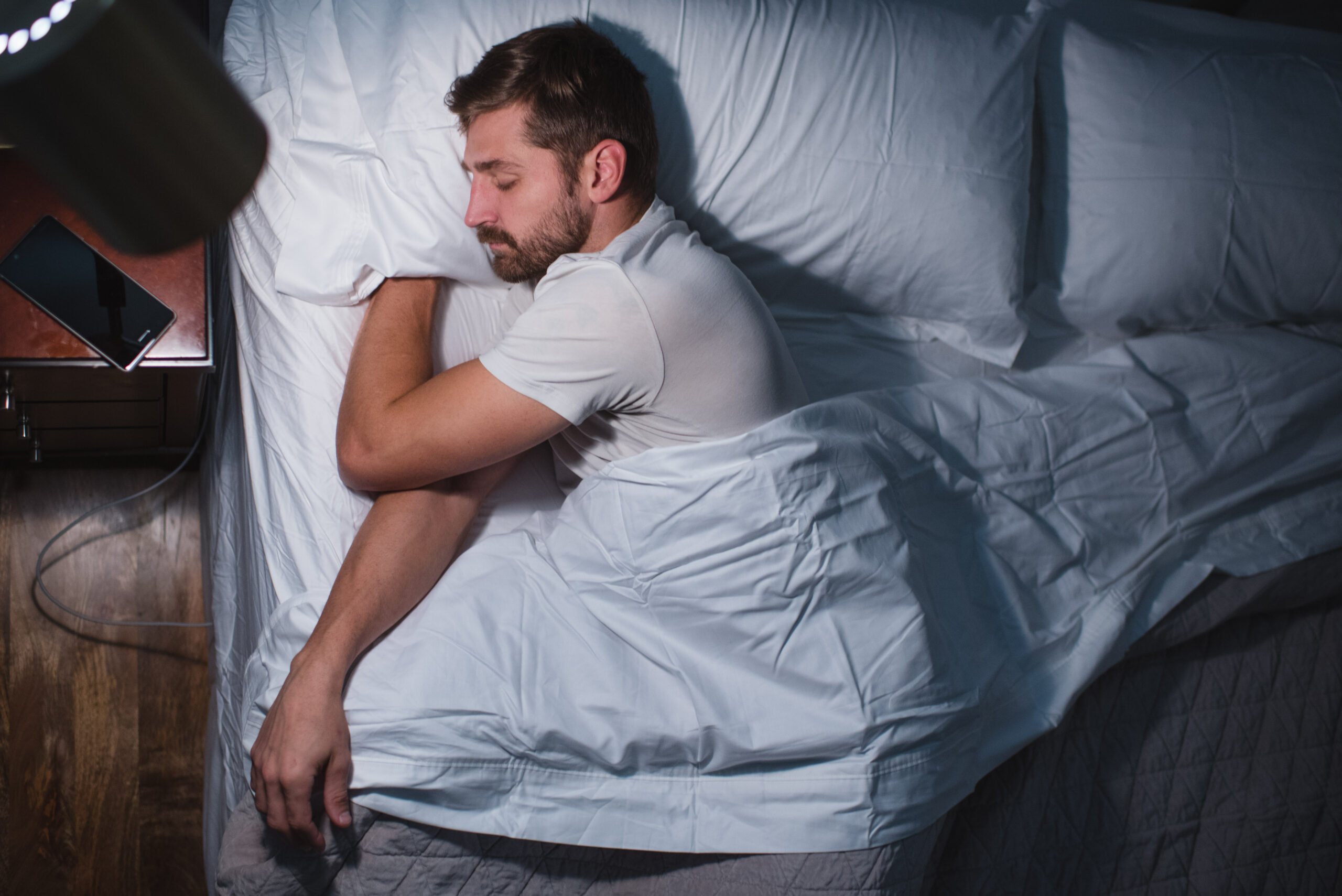
Your bedroom environment plays a major role in the quality of your sleep. From the firmness of your pillow to the VOC levels of your bedroom, environment can be a true friend or foe when it comes to getting a good night sleep. We’ve compiled some information about temperature, air quality, lights, sounds and smells to help you better understand the relationship between environment and sleep.
Temperature: The temperature of your bedroom can be the difference between sleeping like a baby, and tossing and turning all night. Throughout the course of the day your body temperature rises and falls. These temperature changes are connected to your circadian rhythm, the patterns responsible for your sleep/wake cycles. Your body temperature decreases as you become drowsy and reaches a natural low point at 5:00 AM. If your room is too hot, it can interfere with your body’s natural temperature regulation process thus causing you to wake up several times throughout the night. To get the good night sleep you deserve, keep your bedroom temperature between 64.4-68° Fahrenheit.
Air quality: The C02 levels and VOC levels in your room can have an immense impact on the quality of your sleep. VOCs are airborne organic chemicals that have both short and long-term detrimental effects on human health, like headaches, irritated eyes or asthma for example.
Lights: You’ve heard the word melatonin tossed around as the chemical responsible for inducing sleep, but did you know that different types of light influence melatonin production? To increase melatonin production, it is best to have soft red lights as you begin to fall asleep. This will create a relaxing and mellow environment coaxing your body to fall asleep easily. Tablets, phones, TVs and laptops are all major nighttime culprits, as they emit a melatonin-inhibiting blue light. Stay away from white lights (always!) and blue lights at night to ensure that you fall asleep with ease. Be sure to turn all lights off, or set them on a timer, as it is best for your circadian rhythm to sleep in a pitch-black environment. Click here for more on circadian rhythm.
Sounds: You’ve heard that folk music, wave sounds, or classical pieces can be great for sounds to listen to before bed. Have you thought about the types of sounds that wake us at night? Research has shown that a sound’s ability to wake us during the night is dependent not only on the stage of sleep we are in (light and deep) and the volume of the sound, but also and most interestingly, the emotional charge of the sound. A mother for instance is often able to sleep through the snores of her partner, but will wake to the sound of her baby’s cry.
Smells: Keeping calming and healthy scents in your bedroom is a great way to improve your sleep environment. Lavender is a relaxing scent, and being surrounded by this aroma 1-2 hours before bed is a great way to unwind. Try lighting a candle, using soothing lavender lotion, or lavender oils.
Having trouble sleeping? Maybe it’s time to take a closer look at your environment!


